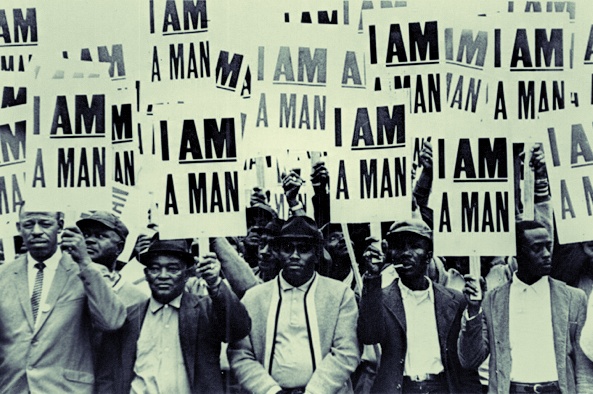Jesus and Race: A Lead School preview
As your elders, we have felt a mighty conviction from the Holy Spirit to enter into a conversation older than our country. How do people from every ethnic background — white, black, brown, et al. — live together in lasting unity?
It is a conversation we should have entered long ago. As we look at our world, fractured and hurting, we recognize we are playing catch-up.
But rather than gaze at the ground in shame or shrug our shoulders and walk away, we want to get involved. We know that if we aren’t part of the solution, we are inevitably part of the problem. Our steps now are steps of repentance over past indifference and steps of faith that God will indeed bring about racial reconciliation.
Sunday, I’ll be teaching our next installment of Lead School. The topic: “One in Jesus.” We will examine Scripture to see the biblical basis for racial reconciliation — and the biblical promises that should propel our efforts. We will also examine ourselves, to see where we might still be dragging our feet on this issue.
Toward that end, I wanted to anticipate a few objections or questions some might have about this session.
“Race isn’t an issue I struggle with. I’m doing just fine.” I hope that is true — though I think many Christians, especially white Christians, are short-sighted when it comes to the impact they have in fighting racism. Even if some in Karis are fighting the good fight, we can look around and agree that the American church has been derelict in its duty to lead in this area.
In their excellent book “Divided by Faith,” Michael Emerson and Christian Smith write, “Is the situation hopeless? If white evangelicals continue to travel the same road they have traveled thus far, the future does indeed look bleak.”
While we might have individual joys and successes, as a church and the Church, we have to realize that if we do what we’ve always done, we’re going to get what we’ve always got.
“Why are we getting into political issues?” Certainly there is a political and social dimension to race.
But, at its core, racism is a gospel problem and reconciliation is a gospel solution. Where our idolatry and pride separate us from other people, we have misunderstood the unity won by Christ. If our view of God and his cross is the right size, we will see that Jesus’ blood is sufficient for bringing every kind of person together to worship the Father.
We want to preach the fullness of the gospel at Karis. That entails talking about how Jesus’ life, death and resurrection spans the distance between us and God as well as between us and others.
“What if I don’t agree with your conclusions?” There is room for faithful Christians to disagree on how we tackle the many thorny issues related to race. But, I want to start primarily with those truths that should unify us. My talk will be more descriptive than prescriptive.
I might say a few things that will push and stretch those in attendance — myself included — but my hope is to ground the evening in the gospel, to point to God’s heart, something we should all seek after.
“What’s the point? This isn’t going to be fixed this side of heaven.” The work of racial reconciliation is hard. But that doesn’t mean we should avoid it or put it off.
To paraphrase a dear brother of mine, we are more patient — to a fault — with racial disunity than almost any other sin or problem.
We won’t be completely pure in thought this side of heaven; that doesn’t mean we don’t fight lust. We won’t love people unconditionally or worship God perfectly until eternity; that doesn’t mean we shouldn’t strive, by God’s grace, to grow in those areas.
Let’s not make race the exception as we run the race toward holiness and Christian maturity.
Lead School will take place at 6 p.m. Sunday at our Westside location. Please join us as we seek to understand how our church can show the world a picture of God’s reconciling power.


